As is often the case, the “hot takes” in the media that cover legal proceedings have found “substance” in a court filing where no substance actually exists.
Such is the case with the “Motion for New Trial” filed by Chauvin’s defense attorney yesterday.
The motion is a required filing under the Minnesota Rules of Criminal Procedure. Rule 26.04 — “Post-Verdict Motions” — requires this motion to be filed within 15 days of a guilty verdict. The Rule sets forth seven specified grounds upon which a Motion for New Trial can be made. The failure to file such a motion may work to limit the number or substance of issues that might later be pursued on appeal.
Generally speaking, the procedural aspects of the appellate process in criminal cases requires a defendant to continually advise the Court of errors the defense believes are being made throughout the course of the proceedings in the trial court. The purpose for doing so is to give the trial court judge the opportunity to acknowledge and correct any errors which are determined to be “well-founded” by the trial court judge as to the matter. The trial court judge either grants or denies relief at various steps along the way based on the claims raised and the evidence proffered by the defense.
Chauvin’s motion yesterday simply puts all parties on record that the defense is claiming a new trial should be granted based on various errors which have happened up to this point in the proceedings in the trial court. The grounds set forth in the motion track, for the most part, the language of the Rule. But the motion now will concern what actually happened in the course of the trial rather than what was previously only predicted as to what might happen. An example of that has to do with the issue of jury selection.
The defense objected before trial to the case being handled in Hennepin County on the basis that pervasive and prejudicial pretrial publicity would make it impossible for Chauvin to receive a “fair trial” before a constitutionally mandated “impartial jury.” Judge Cahill denied the motion for a change of venue based on that claim by the defense.
The new trial motion will now raise that same question from the perspective of what actually happened in terms of selecting the jury — a claim that Chauvin was, in fact, denied an “impartial jury” because of Cahill’s refusal to move to trial to another Minnesota county.
The other issues raised in the new trial motion will be similarly addressed — now from the perspective of looking at what actually happened in the case as the evidence was presented and the verdict was reached.
The rule gives the Court discretion with respect to granting both sides additional time necessary to file all the supporting documentation and legal arguments both in support of and opposition to the motion. If this were a one-day DUI trial with only 5 government witnesses, additional time would not typically be needed. But in just about any criminal jury trial that lasts more than even a few days, the time within which to file all the supporting papers for a motion for a new trial is extended by many weeks. I have never practiced criminal law in Minnesota so this is purely a guess, but what I expect Judge Cahill to do now is to set up a briefing schedule for the motion filed yesterday, which will establish the dates by which each side is to file their respective supporting and opposition papers related to the motion. The motion specifically asks the Court to grant the defense additional time to brief all the issues raised by the motion.
None of the grounds as set forth in the motion are surprising — all were fairly predictable based on the events prior to, during, and after the trial. When the defense presents the details of each of the grounds raised in the motion is when we will see the specific allegations related to each of the grounds set forth. The failure to list specifics in the motion does not mean those issues won’t be included in the more detailed filing yet to come.
The importance of that supporting paperwork comes from the fact that Chauvin may not be allowed by Minnesota appellate law to raise any issues on appeal that he did not first raise in a new trial motion in the trial court. There is also the possibility that the “standard of review” for issues not raised in a new trial motion will be different on appeal than those issues that are raised in a new trial motion. There are no uniform rules across all states on these kinds of procedural issues. It may be that having made objections and having filed motions during the trial is enough to have preserved those issues for appeal. But it is also possible that appeals courts in Minnesota require a defendant convicted at trial to give the trial court judge the opportunity to correct any errors — by ordering a new trial if necessary — before the case leaves the jurisdiction of the trial court and heads into the appellate process.
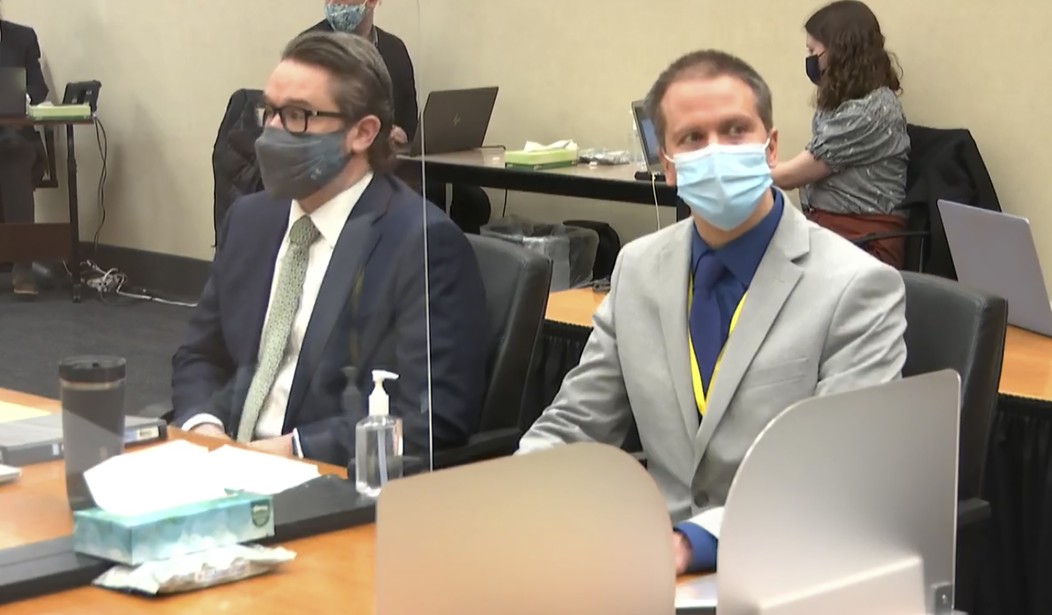

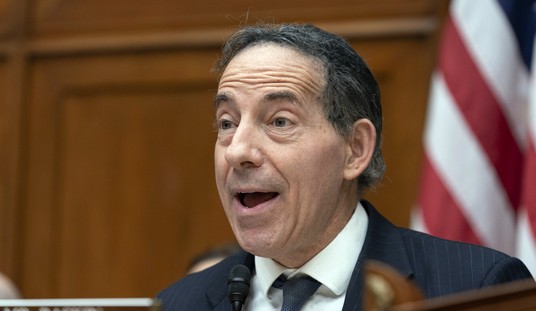




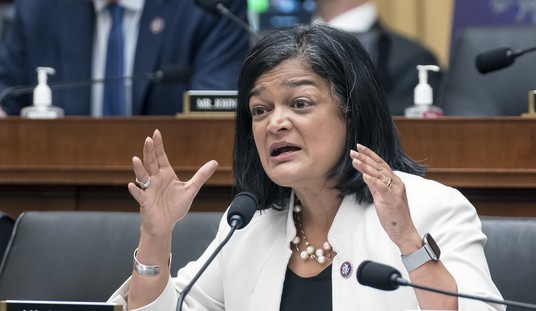



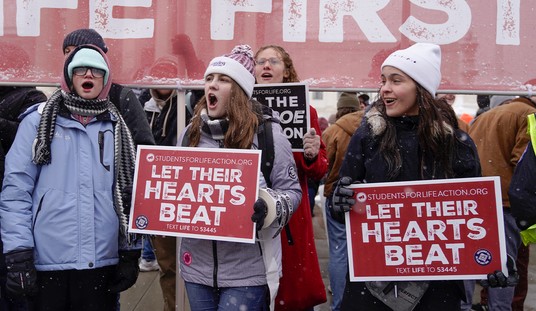


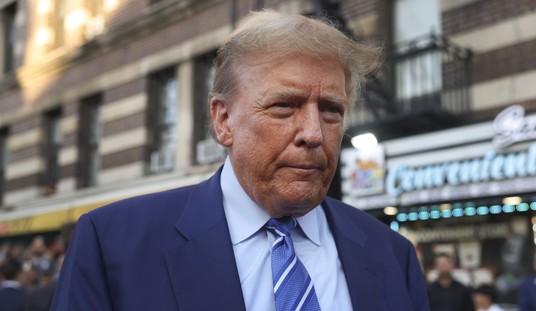
Join the conversation as a VIP Member